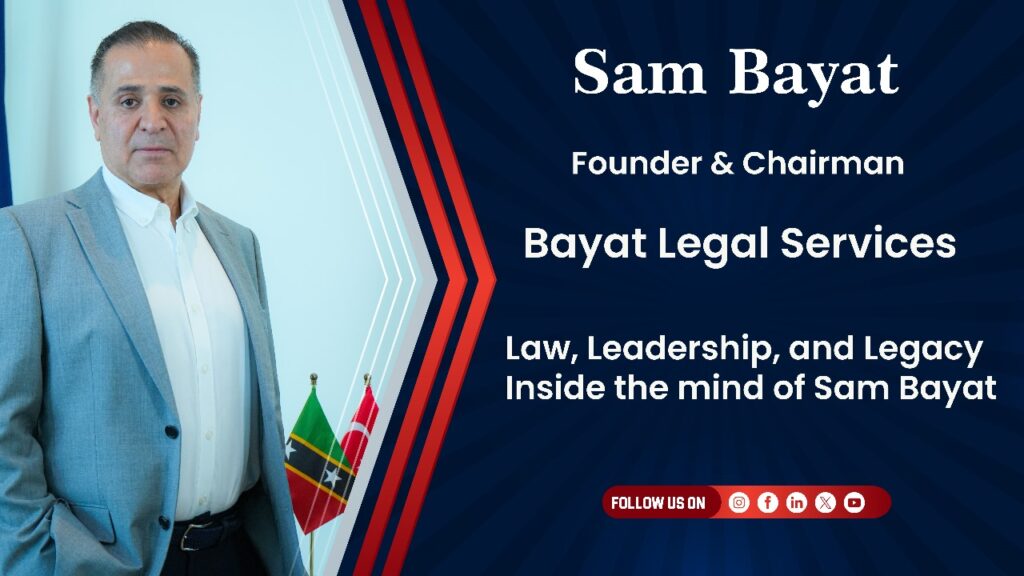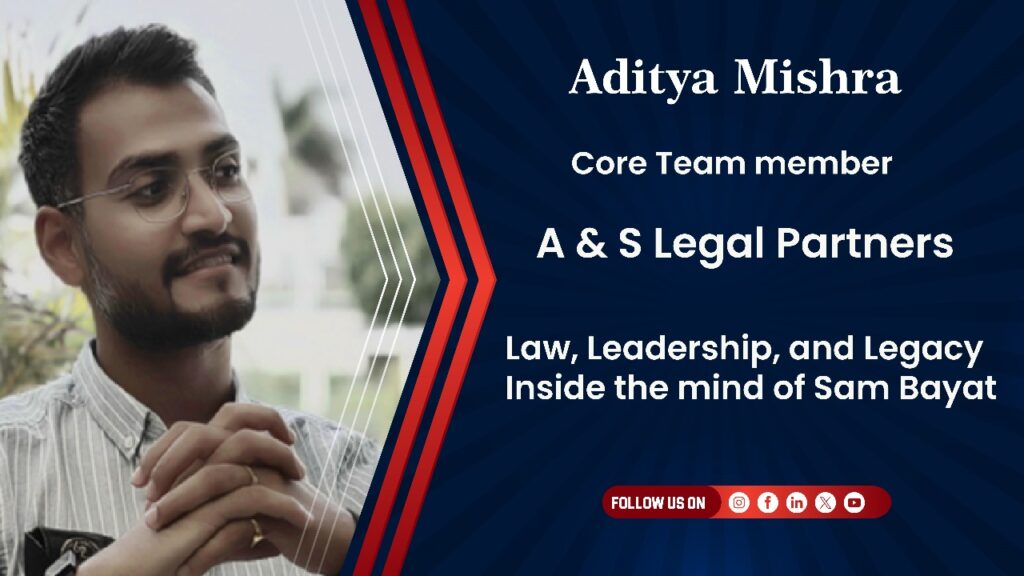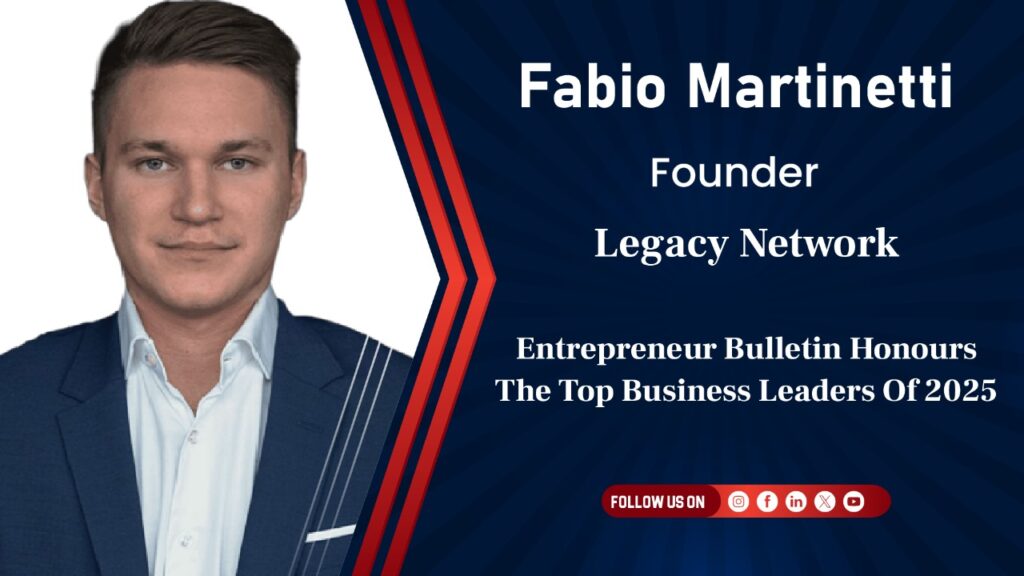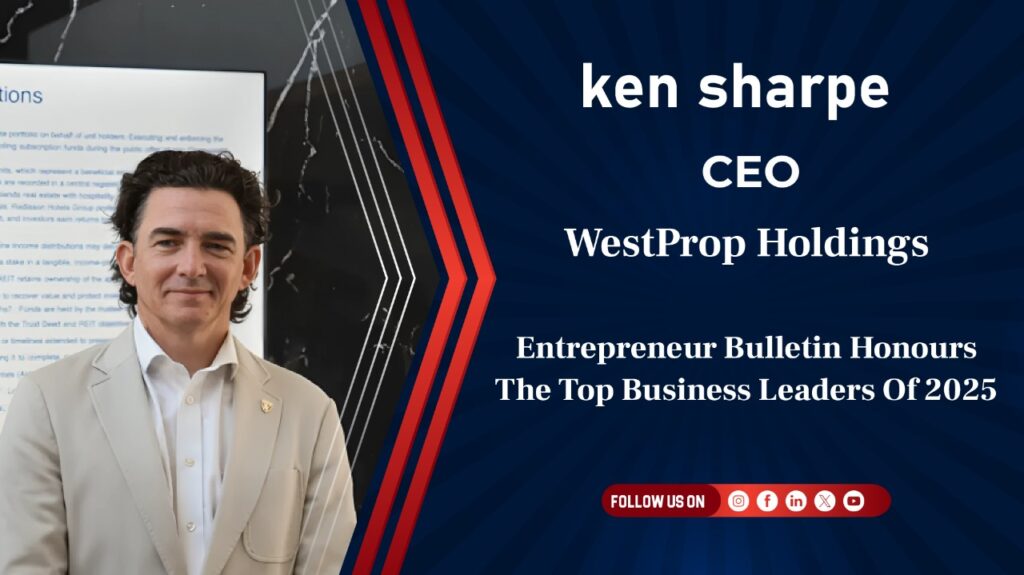Launching the Entrepreneurial Mindset: Forest Richter and the Transformative Journey of LaunchX

Forest Richter, President of LaunchX, shares how the program transforms high school students into real-world entrepreneurs by nurturing mindset over metrics, embracing failure, and building globally aware teams.
In an age where innovation is idolized and startups are seen as the modern-day gold rush, one educational accelerator has chosen to focus not on the glitter of unicorn valuations, but on something far more foundational: the mindset of the entrepreneur. At the helm of this refreshing revolution is Forest Richter, President of LaunchX LLC, whose north star isn’t just building companies—it’s building entrepreneurs. The distinction might seem subtle at first glance, but as Richter’s philosophy reveals, it is the linchpin of the program’s transformative power.
Rethinking Entrepreneurship: The Mindset Comes First
Richter doesn’t mince words when he explains why LaunchX doesn’t measure success solely in revenue, valuations, or pitch decks. “Startup companies have an exceedingly high failure rate,” he states. “At LaunchX, student success is not tied to external validation.” Instead, LaunchX zeroes in on helping high school students think like entrepreneurs—resilient, curious, and willing to navigate uncertainty.
It’s a radical departure from the traditional education system, where success is algorithmic and neatly aligned with effort: take notes, study, and pass. Richter describes LaunchX as a “structure-light” environment where students experience the real, often messy, act of starting something from scratch. “We cultivate the real experience of launching a company,” he explains. “Very rarely are things easy or go as planned.”
The Anatomy of an Entrepreneurial Mind
What, then, makes up the entrepreneurial mindset according to Richter?
“It’s a combination of innovative thinking and the passion to implement viable solutions,” he says. The LaunchX curriculum is designed to foster precisely this synergy—from ideation to feasibility testing, followed by rapid prototyping and ultimately, selling the product. “Students learn that they are much more capable than they realized,” he adds. “As long as they apply effort and have the courage to step outside their comfort zones, they can achieve great things.”
Indeed, that “aha” moment—when a student realizes their own potential to create something real—is perhaps the most valuable deliverable LaunchX offers.
Failure: The Favorite Teacher
It’s not uncommon for educational institutions to preach the gospel of failing fast and learning from mistakes. But at LaunchX, failure isn’t a buzzword—it’s a ritual. “I love failure. I celebrate failure,” Richter declares with unambiguous enthusiasm. He believes that most of the high-achieving students who walk into LaunchX have spent their lives avoiding failure like the plague, associating it with personal deficiency rather than a natural step in innovation.
“They’ve had limited exposure to failure,” he says, “and feel as if external failure means they, as people, are failures.” Richter and his team work hard to challenge this belief, encouraging students to decouple their self-worth from performance metrics and instead embrace failure as an inevitable and vital part of the entrepreneurial journey.
He’s not naive about the emotional toll this can take, especially on teenagers burdened by the expectations of parents, peers, and society. But therein lies the deeper magic of LaunchX—offering a safe space for students to stumble, iterate, and grow.
Diversity in Teams: A Real-World Crash Course
Teamwork is the secret ingredient in every startup success story—and every office drama. At LaunchX, students don’t get to cherry-pick their co-founders. Instead, they’re matched via a sophisticated algorithm designed to blend skill sets and cultural perspectives. The goal? Mimic the complexities of real-world team building.
“We want to force people with different backgrounds to learn to effectively work together,” says Richter. “If a student comes to LaunchX with the goal of someday running a global operation, they need to start cultivating a global perspective.”
The emphasis isn’t merely on compatibility but on complementarity. Learning to respect opposing viewpoints, communicate across cultural lines, and resolve internal disagreements is baked into the experience, even if it’s never explicitly taught in a lecture.
“It’s one of those educational components that’s hidden in plain sight,” Richter says. “A healthy relationship to disagreement is essential.”
Leadership by Doing, Not Telling
Richter believes the best lessons in leadership don’t come from PowerPoint slides or textbooks but from the trenches. When team conflicts arise, LaunchX encourages students to work through them independently. Staff step in only when impasses are truly insurmountable.
“Conflict is a good thing,” he insists. “Healthy friction drives innovation.” The key, of course, is respect. Students are taught to use data to support their viewpoints and to stay open-minded—less ego, more impact.
One gets the sense that Richter is less a conventional educator and more of a mentor with a Socratic streak—preferring students learn by grappling with uncertainty rather than being spoon-fed answers.
The MVP and the $250 Challenge
The culmination of the LaunchX experience is the creation and validation of a Minimum Viable Product (MVP). And yes, there’s a twist: a hard revenue target of $250.
“It’s LaunchX’s most important quantitative metric,” Richter asserts. The figure isn’t arbitrary—it represents a tangible proof point that students can identify a problem, build a solution, and find someone willing to pay for it. That transaction, no matter how modest, is the birth certificate of a real venture.
Students are coached to dig deep into problem spaces they personally relate to and to validate market demand before writing a single line of code. “The most successful founders deeply understand the problem they’re solving,” Richter says. “We encourage students to explore problems they know and have experienced.”
This revenue-first philosophy is as much a pedagogical tool as it is a confidence-building exercise. After all, if a teenager can generate real revenue in a few short weeks, what else might they be capable of?
Beyond the Numbers: A Tale of Transformation
Richter recounts one particularly compelling story of a team that began their LaunchX journey with more friction than firepower. Two members were disengaged, and the rest, disheartened. The blame game took over. It was a startup stalemate.
But rather than letting them spiral, Richter guided them toward accountability and discipline. “With some gentle nudging and the right attitude, they overcame their difficulties,” he recalls. Not only did the team exceed the $250 benchmark, but they built something they were genuinely proud of.
More importantly, they learned to communicate, align, and persevere—skills that no pitch deck or business plan can fake.
The Five-Year Echo
When asked what he hopes students carry with them five years after LaunchX, Richter’s answer is refreshingly devoid of buzzwords.
“I hope they’re confident and capable as entrepreneurs because they’ve already lived that experience during LaunchX,” he says. In other words, LaunchX is not a simulation—it’s a compressed real-world experience. A laboratory where students not only test ideas but test themselves.
Richter doesn’t promise fun. He promises growth. “Honestly, a lot of the time it’s hard for me to watch the students struggle, but that struggle is important,” he admits.
Advice to Educators: Believe First, Teach Second
Richter has a message for other educational institutions looking to nurture the next generation of entrepreneurs: ditch the PowerPoints and believe in your students.
“Too many programs don’t believe that teenagers can effectively launch a business,” he laments. His advice is to provide the resources and step back. “They will show up and they will deliver.”
It’s a poignant challenge to the status quo of youth education—one that asks educators to let go of control in order to unlock potential.
From Founder to Facilitator
Richter’s own journey to LaunchX reads like the narrative arc of one of his students. After years in early-stage startups, he sought a life with more balance and impact. With two kids at home and a treasure trove of entrepreneurial war stories, LaunchX was the perfect match.
“I have a lot of wisdom to share,” he says. “It’s a joy to help these young founders avoid repeating the same mistakes I made.”
LaunchX in Three Words
When asked to distill the LaunchX experience into just three words, Richter doesn’t hesitate: Transformative. Challenging. Empowering.
It’s not hard to see why. LaunchX doesn’t just teach business—it teaches bravery. It doesn’t just create companies—it creates character.
And under Forest Richter’s leadership, LaunchX continues to be a launchpad—not for products, but for potential.






